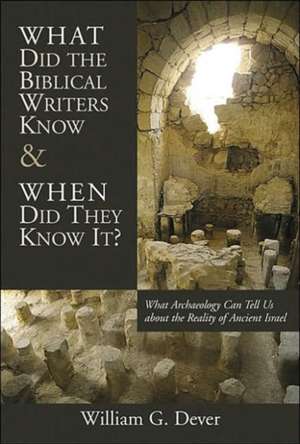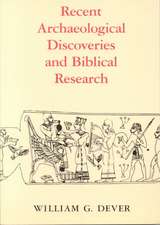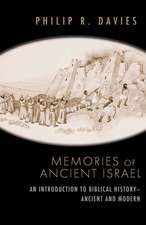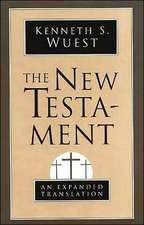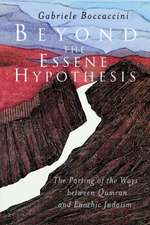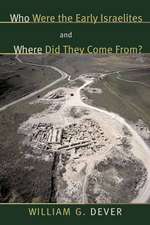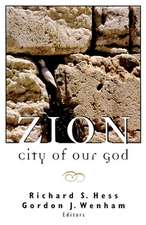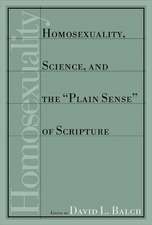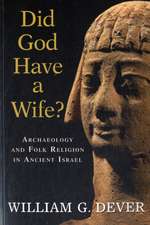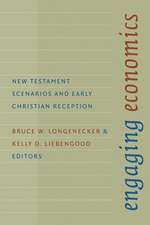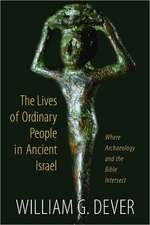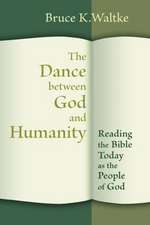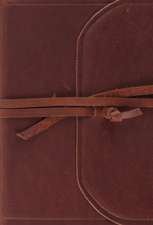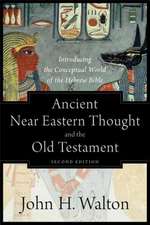What Did the Biblical Writers Know and When Did They Know It?: What Archeology Can Tell Us about the Reality of Ancient Israel
Autor William G. Deveren Limba Engleză Paperback – 30 apr 2001
In this fascinating book noted Syro-Palestinian archaeologist William G. Dever attacks the minimalist position head-on, showing how modern archaeology brilliantly illuminates both life in ancient Palestine and the sacred scriptures as we have them today. Assembling a wealth of archaeological evidence, Dever builds the clearest, most complete picture yet of the real Israel that existed during the Iron Age of ancient Palestine (1200600 B.C.).
Dever's exceptional reconstruction of this key period points up the minimalists' abuse of archaeology and reveals the weakness of their revisionist histories. Dever shows that ancient Israel, far from being an "invention," is a reality to be discovered. Equally important, his recovery of a reliable core history of ancient Israel provides a firm foundation from which to appreciate the aesthetic value and lofty moral aspirations of the Hebrew Bible."
Preț: 161.57 lei
Nou
30.92€ • 32.37$ • 25.58£
Carte disponibilă
Livrare economică 17-31 martie
Specificații
ISBN-10: 080282126X
Pagini: 327
Dimensiuni: 157 x 234 x 23 mm
Greutate: 0.48 kg
Editura: William B. Eerdmans Publishing Company
Locul publicării:United States
Recenzii
Textul de pe ultima copertă
In this fascinating book noted Syro-Palestinian archaeologist William G. Dever attacks the minimalist position head-on, showing how modern archaeology brilliantly illuminates both life in ancient Palestine and the sacred scriptures as we have them today. Assembling a wealth of archaeological evidence, Dever builds the clearest, most complete yet of the "real Israel that existed during the Iron Age of ancient Palestine (1200-600 B.C.).
Dever's exceptional reconstruction of this key period points up the minimalists' abuse of archaeology and reveals the weakness of their revisionist histories. Dever shows that ancient Israel, far from being an "invention, " is a reality to be "discovered. Equally important, his recovery of a reliable core history of ancient Israel provides a firm foundation from which to appreciate the aesthetic value and lofty moral aspirations of the Hebrew Bible.
